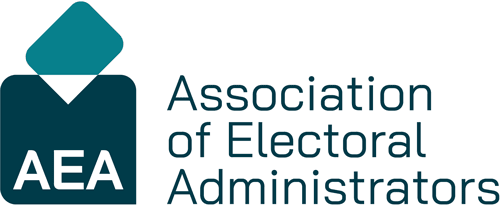September 2022: Comment on Electoral Commission reports into May 2022 scheduled polls
The Electoral Commission has published reports that look at how the May 2022 elections were run, how voters and campaigners found taking part, and what lessons can be learned for the future.
Separate reports have been published on elections held in England, Northern Ireland, Scotland and Wales. We have published the following public statement:
These four new Electoral Commission reports rightly sound an alarm about the resilience of our elections and capacity of the hardworking professionals who administer them. These issues will persist until consolidated electoral legislative reform is actioned.
It’s a testament to the hard work and expertise of Returning Officers and electoral administrators that most people were confident May’s elections were well-run, and that satisfaction with registering and voting processes remains high. They should be proud of what they achieved.
The reports echo our worries about UK-wide difficulties recruiting and retaining experienced polling station and election count staff. With Voter ID and Elections Act 2022 measures increasing these posts’ responsibilities and number of staff needed, this could quickly escalate to a major risk.
The Commission also highlights logistical issues around venue hire for polling stations and counts, with schools, even though legally obliged to make buildings available to Returning Officers, ever more reluctant to take bookings. We once again ask for coordination between and the support of Government departments ahead of the next scheduled polls in May 2023.
In the Wales report, the Commission makes similar points to those included in our post-polls letter to the Counsel General and Minister for the Constitution. The need to introduce new electoral legislation with enough time to successfully implement it – at least six months according to the Gould Principle – continues to be an issue.
Whether for the Elections Act 2022 or legislation specific to the devolved nations, we agree that implementation timetables need to be realistic for everyone involved in running, standing, or voting in our elections.
